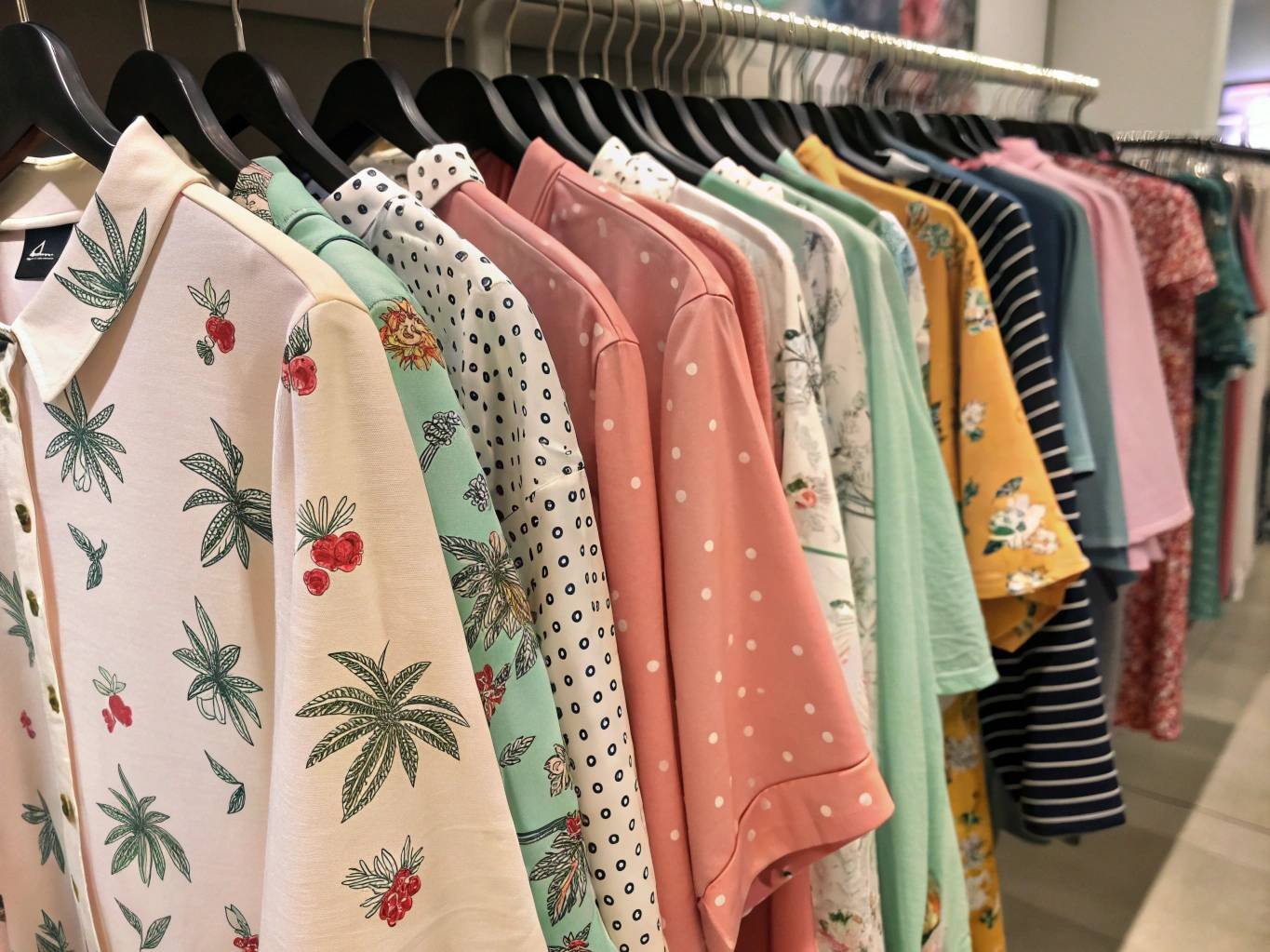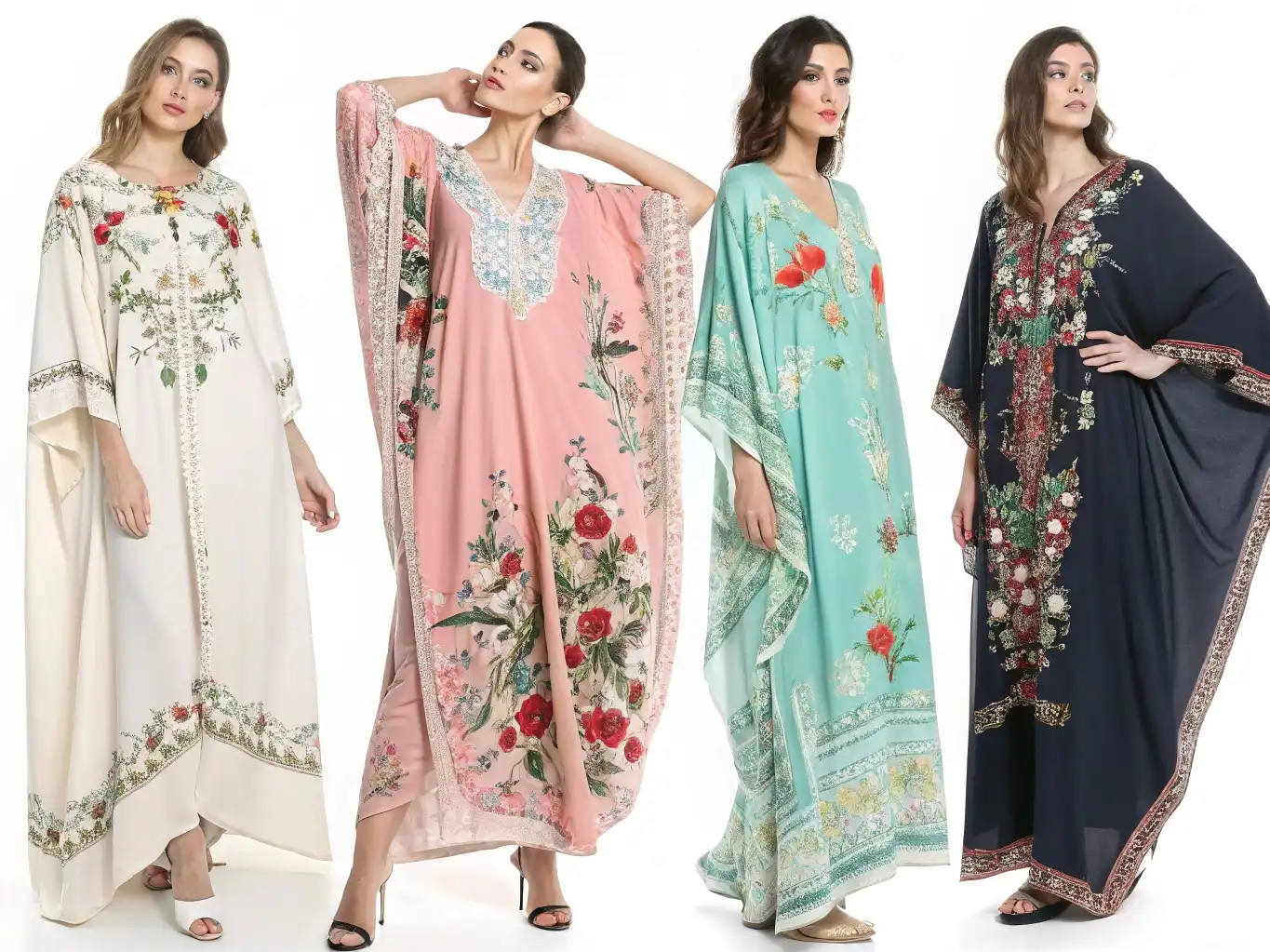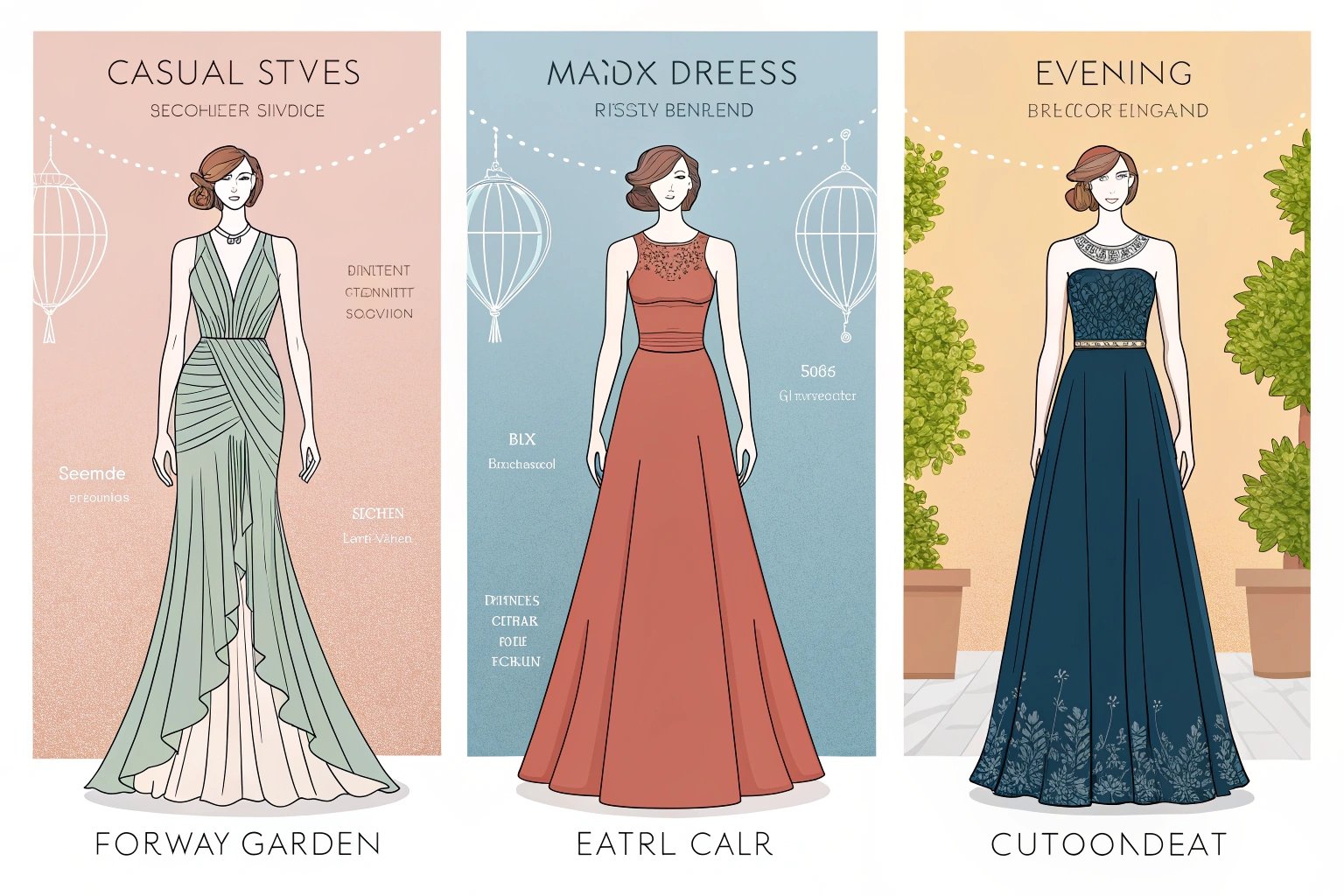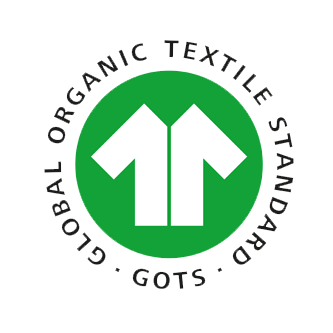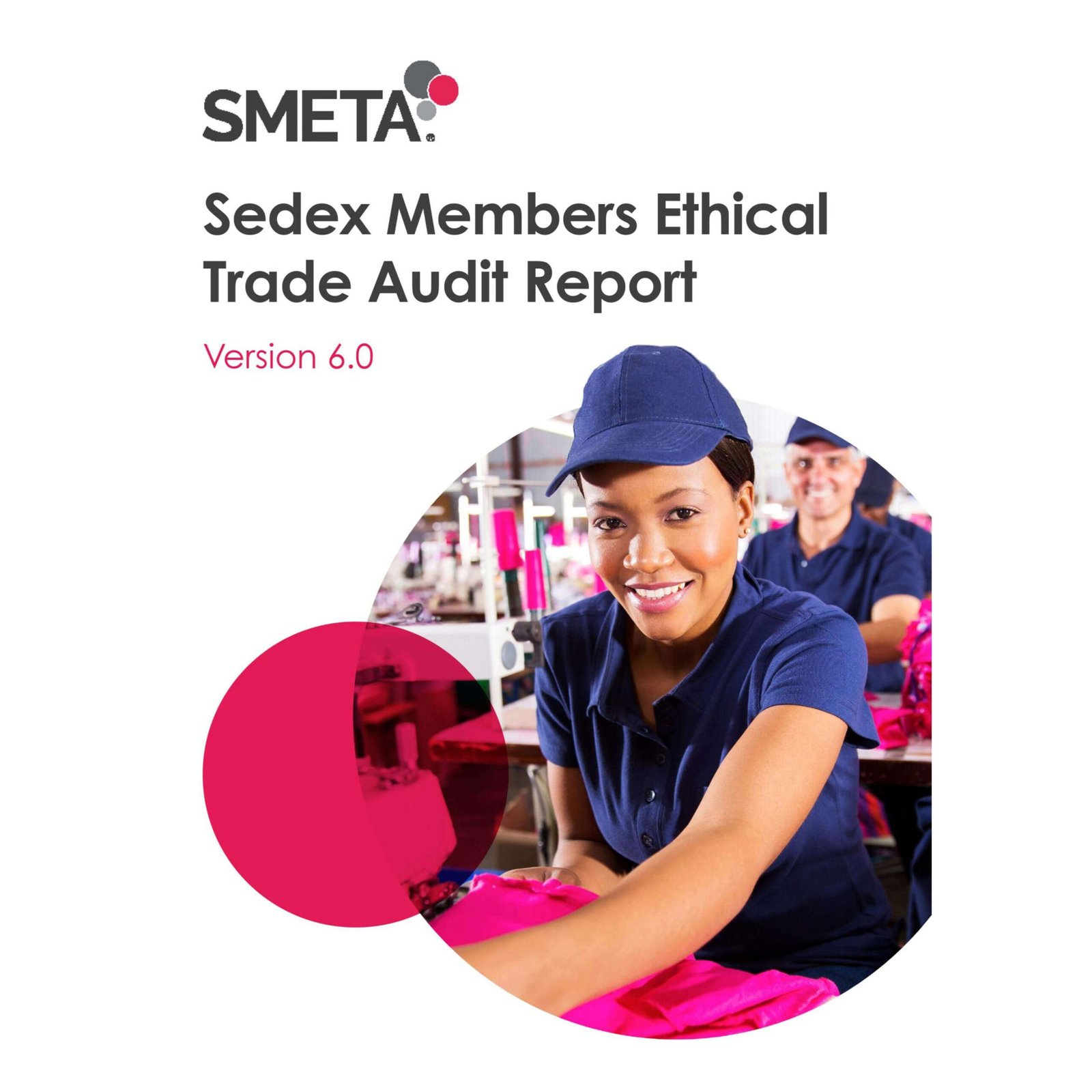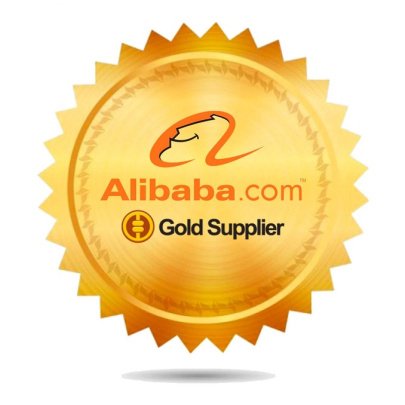Finding the right private label manufacturer for your clothing line is an essential step toward bringing your designs to life. Whether you are just starting your brand or scaling it up, understanding how to choose the right manufacturer can make a big difference in the quality, cost, and efficiency of production. In this guide, we’ll walk you through the necessary steps to help you find and evaluate a manufacturer who will be the perfect fit for your brand.
A good private label manufacturer can help bring your designs to life while offering competitive pricing, quality control1, and efficient manufacturing processes.
What Is a Private Label Manufacturer and Why Do You Need One?
A private label manufacturer produces goods based on your specifications but does not sell the products under their own brand. Instead, the products are marketed and sold under your own brand name. Partnering with the right private label manufacturer gives you the ability to customize clothing and other products without the need to manage production in-house.
 Fashion Design and Tech Review Meeting
Fashion Design and Tech Review Meeting
How Does a Private Label Clothing Manufacturer Work with Your Brand?
Private label manufacturers handle the entire production process, from sourcing materials to cutting, sewing, and finishing garments. They can also handle packaging and shipping the products directly to you, ready for sale. Your role as a brand owner is to provide clear specifications, monitor production progress, and market the finished product.
What Are the Benefits of Partnering with a Private Label Manufacturer?
- Lower upfront costs: You don’t need to invest in a manufacturing facility.
- Faster time to market: Manufacturers with established processes allow for quick production.
- Focus on branding: You can focus on designing, marketing, and selling your brand while leaving production to the experts.
- Flexibility: Private label manufacturers offer flexibility2 in terms of product offerings and seasonal collections.
What Are the Best Ways to Find a Reliable Private Label Clothing Manufacturer?
Finding the right private label manufacturer is crucial to the success of your clothing line. Here are some methods to help you identify the best partners for your brand.
How Can Online Directories and B2B Platforms Help You Find Manufacturers?
Platforms such as Alibaba, Maker’s Row, and Kompass provide access to thousands of manufacturers worldwide. These directories allow you to filter based on factors such as product category, location, and certifications3, making it easier to find reliable partners.
Key benefits of using B2B platforms:
- Access to a broad selection of manufacturers.
- Detailed company profiles including ratings and reviews.
- Ability to contact manufacturers directly and request samples.
How Can Attending Trade Shows or Industry Events Help You Find Manufacturers?
Attending trade shows such as Magic Las Vegas or Texworld USA can provide direct access to a network of manufacturers. You can meet manufacturers in person, discuss your requirements, and review product samples before making a decision.
Trade show benefits:
- Hands-on experience with product samples.
- Face-to-face communication to discuss specifications.
- Networking opportunities with industry professionals.
How Do You Evaluate a Private Label Clothing Manufacturer?
Evaluating a potential manufacturer is an important step to ensure you’re partnering with a reliable and high-quality producer. Here’s how you can assess manufacturers effectively.

What Criteria Should You Use to Assess the Quality and Reliability of a Manufacturer?
When choosing a private label manufacturer, look for the following:
- Experience: Ensure the manufacturer has experience in producing clothing similar to your designs.
- Production capacity: Verify that they can handle your order sizes and timelines.
- Reputation: Check reviews, ratings, and ask for references from other brands.
- Certifications: Ensure they comply with relevant certifications (e.g., ISO, fair trade, etc.).
How Do You Verify a Manufacturer’s Capabilities, Certifications, and Experience?
Here’s how to verify a manufacturer’s reliability:
- Request samples: Ask for a sample of their work to assess the quality.
- Factory visits: If possible, visit the manufacturing facility to inspect their operations.
- Check certifications: Confirm that they follow industry standards and best practices, like labor laws and environmental regulations.
What Should You Expect in Terms of Minimum Order Quantities (MOQs) and Pricing?
Understanding the MOQ and pricing structure4 is essential when working with a private label manufacturer. Here’s how to approach these factors:
How Do MOQs Affect Your Initial Investment When Working with a Private Label Manufacturer?
Minimum Order Quantities (MOQs) refer to the smallest quantity a manufacturer will accept for an order. Manufacturers generally offer lower unit prices for larger orders, but smaller orders might have higher per-unit costs.
- Lower MOQs: Ideal for new businesses with limited budgets but higher unit prices.
- Higher MOQs: Cost-effective for larger businesses but require more upfront capital.
What Are Typical Price Ranges for Private Label Clothing Manufacturing?
The cost per unit can vary based on the product type, complexity, and materials used. Here’s a rough pricing guide:
| Product Type | Price Range (per unit) |
|---|---|
| Basic t-shirts | $3–$8 |
| More complex items (jackets, hoodies) | $10–$30 |
How Do You Build a Successful Relationship with Your Private Label Manufacturer?
Building a strong, long-term relationship with your manufacturer is key to ensuring smooth operations and successful product launches.
What Are the Best Practices for Communicating and Managing Expectations with Manufacturers?
- Be clear about your needs: Provide detailed specifications and expectations.
- Maintain open lines of communication: Regular check-ins and updates will help prevent misunderstandings.
- Set realistic expectations: Be transparent about your budget, timeline, and volume requirements.
How Do You Ensure Consistent Quality and Timely Delivery from Your Manufacturer?
- Create detailed quality control procedures: Work with the manufacturer to develop a quality assurance plan.
- Conduct regular inspections: Visit the factory or hire third-party inspectors to ensure standards are met.
- Build trust: Establishing a long-term partnership5 will motivate your manufacturer to prioritize your needs.
How Can You Find a Manufacturer That Aligns with Your Brand’s Vision?
Finding a manufacturer that understands and aligns with your brand’s identity is crucial for product success.

How Do You Ensure the Manufacturer Understands Your Brand’s Aesthetic and Values?
- Provide a brand brief: Share your brand’s vision, target market, and product design concepts.
- In-person visits: If possible, visit the manufacturer to ensure they understand your expectations and aesthetic.
What Steps Can You Take to Ensure the Manufacturer Can Scale with Your Business?
- Flexible production capabilities: Ensure that the manufacturer can scale production as your brand grows.
- Long-term partnership: Build a relationship that will support growth, product expansions, and future seasons.
Conclusion
Finding the right private label clothing manufacturer is a critical process that can help bring your clothing line to life. By doing thorough research, assessing quality and pricing, and establishing strong communication, you can build a successful relationship with your manufacturer. Remember, the key to a thriving private label clothing line is selecting a manufacturer who not only meets your expectations but also aligns with your brand’s identity and growth potential.
-
Learn about quality control to maintain high standards in your clothing line. ↩
-
Flexibility allows your manufacturer to adapt to your brand’s changing needs. ↩
-
Certifications ensure compliance with industry standards and quality assurance. ↩
-
Explore pricing structures to make informed decisions about your production costs. ↩
-
Long-term partnerships can lead to better collaboration and growth opportunities. ↩


